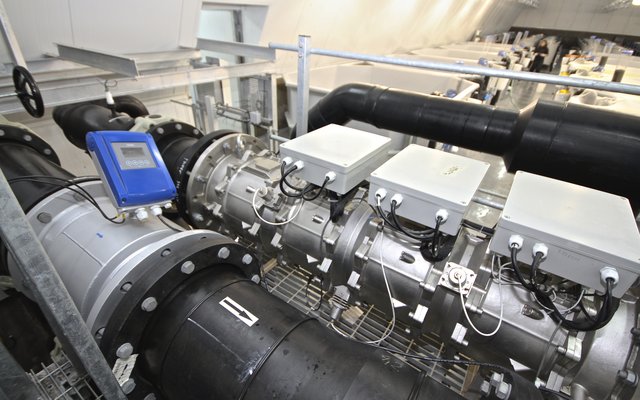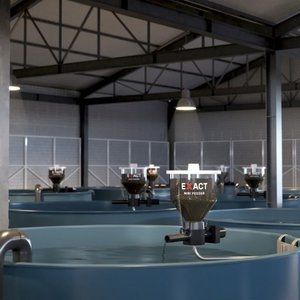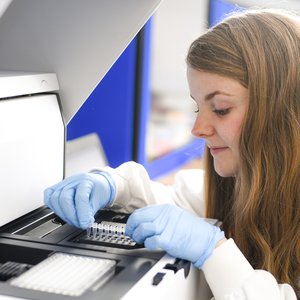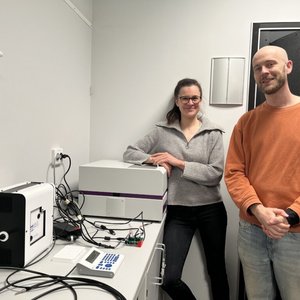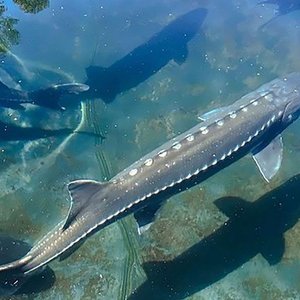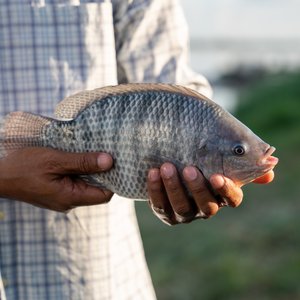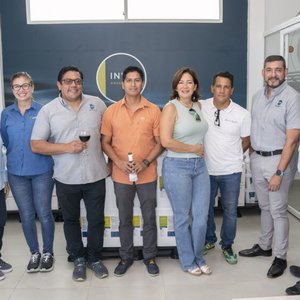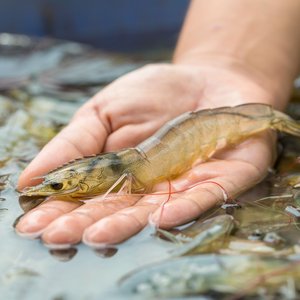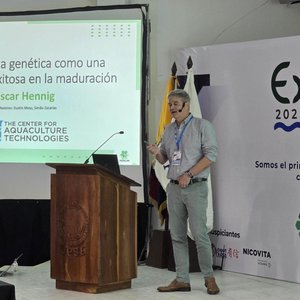Infectious pancreatic necrosis (IPN) is considered one of the most lethal and wide-spread viral diseases responsible for mortality in salmon production around the world. What makes IPN especially challenging is that the virus is known to be very resistant to UV light, requiring a low-pressure UV dose for inactivation ranging between 150-250 mJ/cm2.
Atlantium patented the first system and method of using optimized medium-pressure UV lamps and UV dose for the inactivation of IPN in the market. The company is dedicated to ongoing research of proper UV dose for log inactivation of various industry-related pathogens. Through this commitment to research and development and by conducting a series of tests, both in-lab and in various production sites, the company found that using its optimized lamps, the medium-pressure UV dose required for a 4-log inactivation of IPN is significantly lower than the one required by low pressure. In fact, medium-pressure UV lamps require only about a fifth of low-pressure UV dose for inactivation of IPN.
This finding is in line with many other recent tests comparing the effectiveness of medium-pressure vs low-pressure UV lamps and the required reduction equivalent UV dose for a variety of microorganisms. In addition, the wide germicidal wave-length of medium-pressure lamps has been discovered to be significantly more effective for inactivation of microorganisms in aquaculture production especially due to the need to provide reliable water biosecurity against the wide variety of industry-related pathogens. The advantage of the wide-germicidal wavelength of the Atlantium medium-pressure lamps enables compact and effective installations for water biosecurity.


